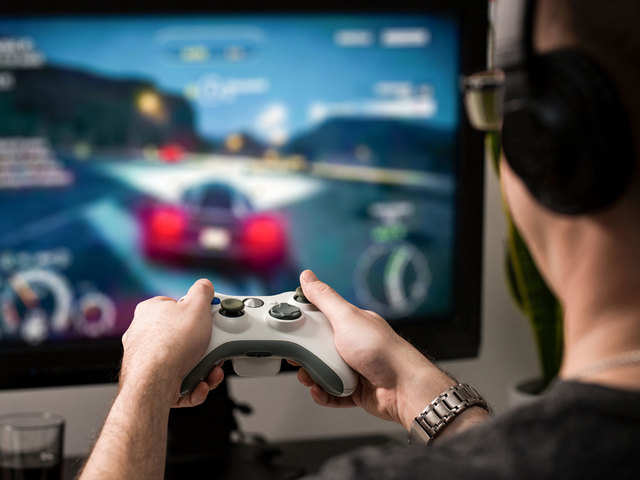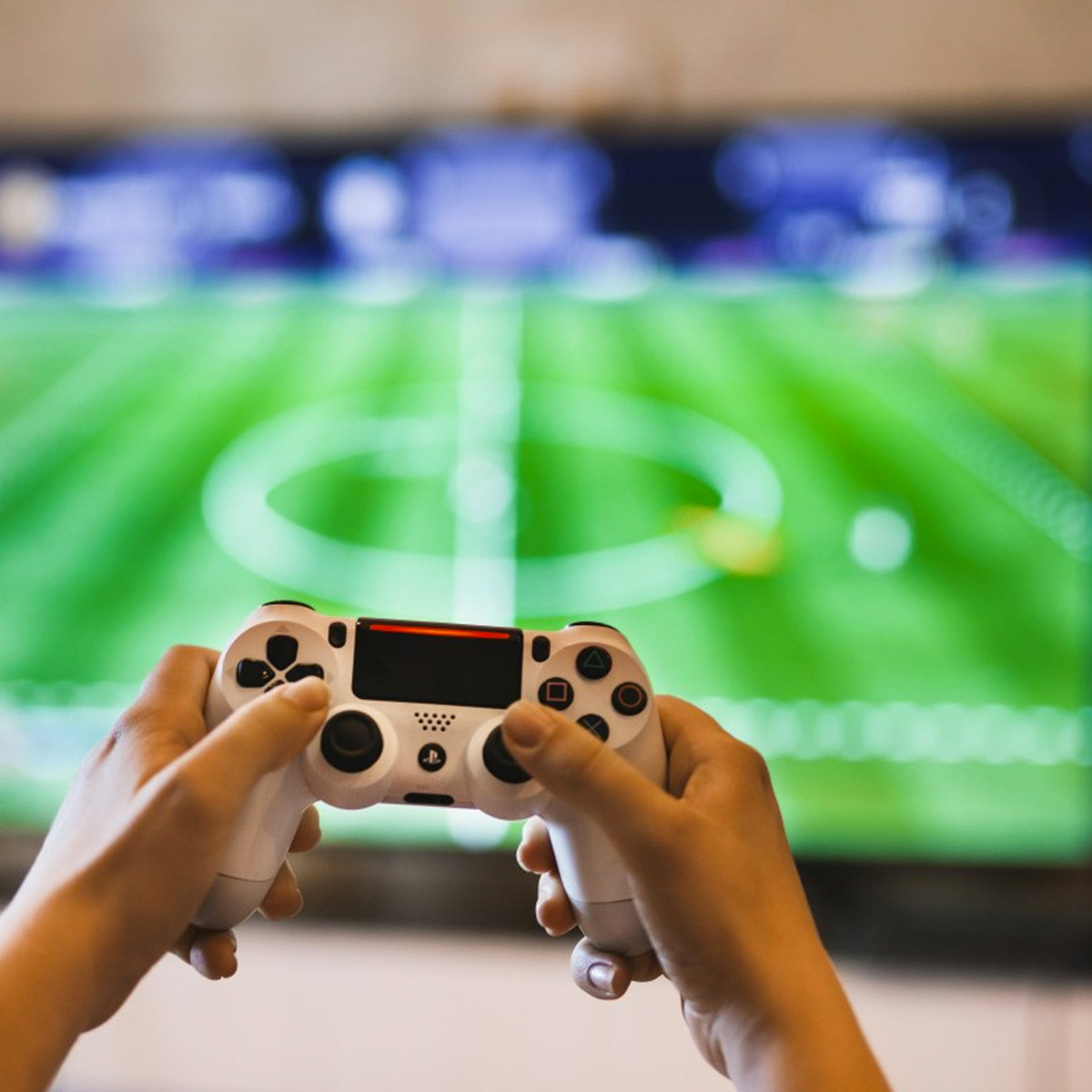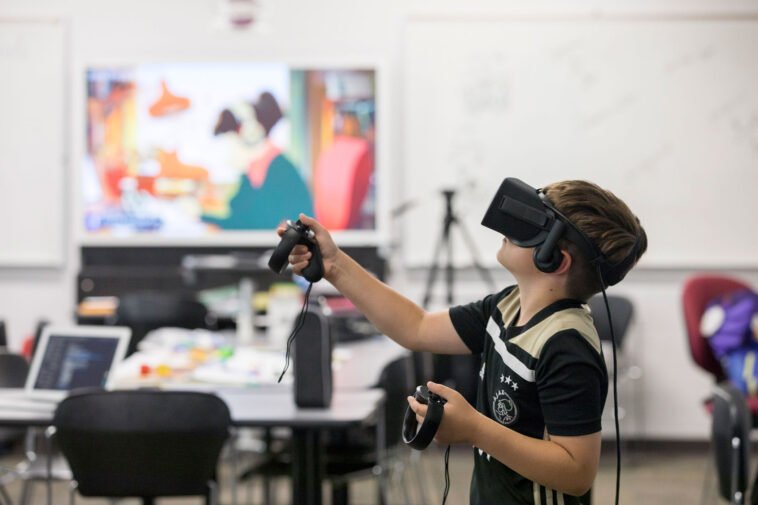Parents frequently worry about the negative effects of video games on their kids, including exercise deprivation, social problems, and mental health issues.
However, a sizable recent US study that was published in JAMA Network Open on Monday suggests there might possibly be cognitive advantages to the well-liked activity.
Lead author Bader Chaarani, an assistant professor of psychiatry at the University of Vermont, told AFP he was naturally drawn to the topic as a keen gamer himself with expertise in neuroimagery.
Prior research had focused on detrimental effects, linking gaming with depression and increased aggression.
These studies were however limited by their relatively small number of participants, particularly those involving brain imaging, said Charaani.

Data from the extensive and ongoing Adolescent Brain Cognitive Development (ABCD) Study, which is supported by the National Institutes of Health, were examined by Chaarani and colleagues for the new study.
Around 2,000 nine- and ten-year-old children, divided into two groups: those who never played games and those who played for three hours or more a day, were examined for survey responses, cognitive test scores, and brain imaging.
Results
Each group received feedback on two tasks.
First the kids were asked to press left or right as quickly as they could after seeing arrows pointing left or right.
To gauge how effectively they could control their impulses, they were also instructed to cease pressing anything when they saw a “stop” symbol.
In the second task, their working memory was tested by having them look at pictures of people’s faces and then decide whether or not they matched.
The study discovered that video gamers consistently outperformed the other participants on both tasks after applying statistical techniques to account for potential confounding factors including parental income, IQ, and mental health symptoms.

MRI was used to scan the brains of these kids as they completed the task. The attention and memory-related brain areas were more active in the brains of video gamers.
The authors wrote in their report that the findings “raise the fascinating possibility that video gaming may provide a cognitive training experience with observable neurocognitive consequences.”
According to Chaarani, it is currently impossible to determine whether increased gaming is the cause of or a result of greater cognitive function.
Though around age 10, kids tend to choose action games like Fortnite or Assassin’s Creed, future research could benefit from knowing what game genres the kids were playing.
However, findings suggested playing video games would be a more productive use of screen time than viewing films on YouTube, which has no obvious cognitive benefits.





